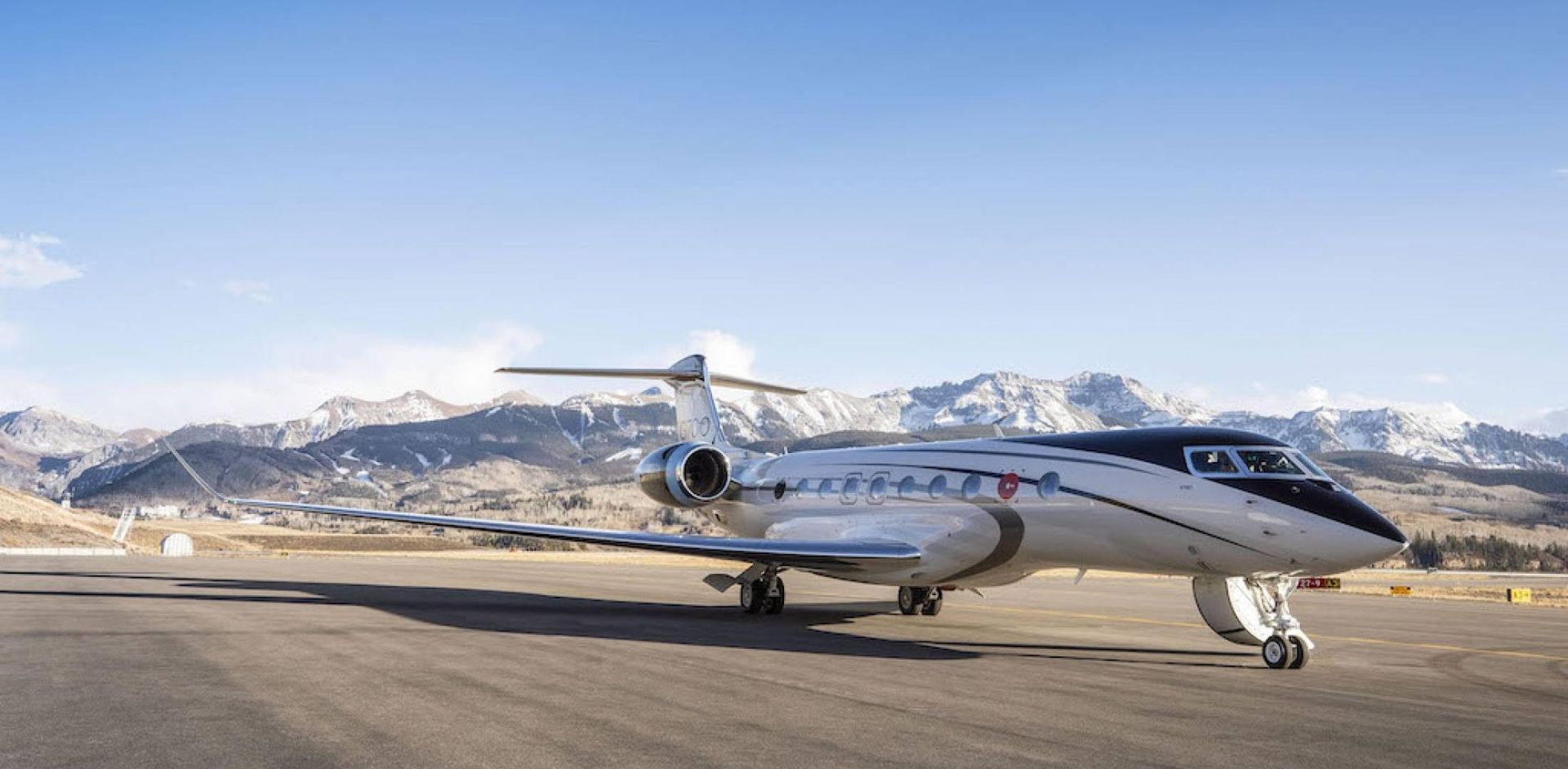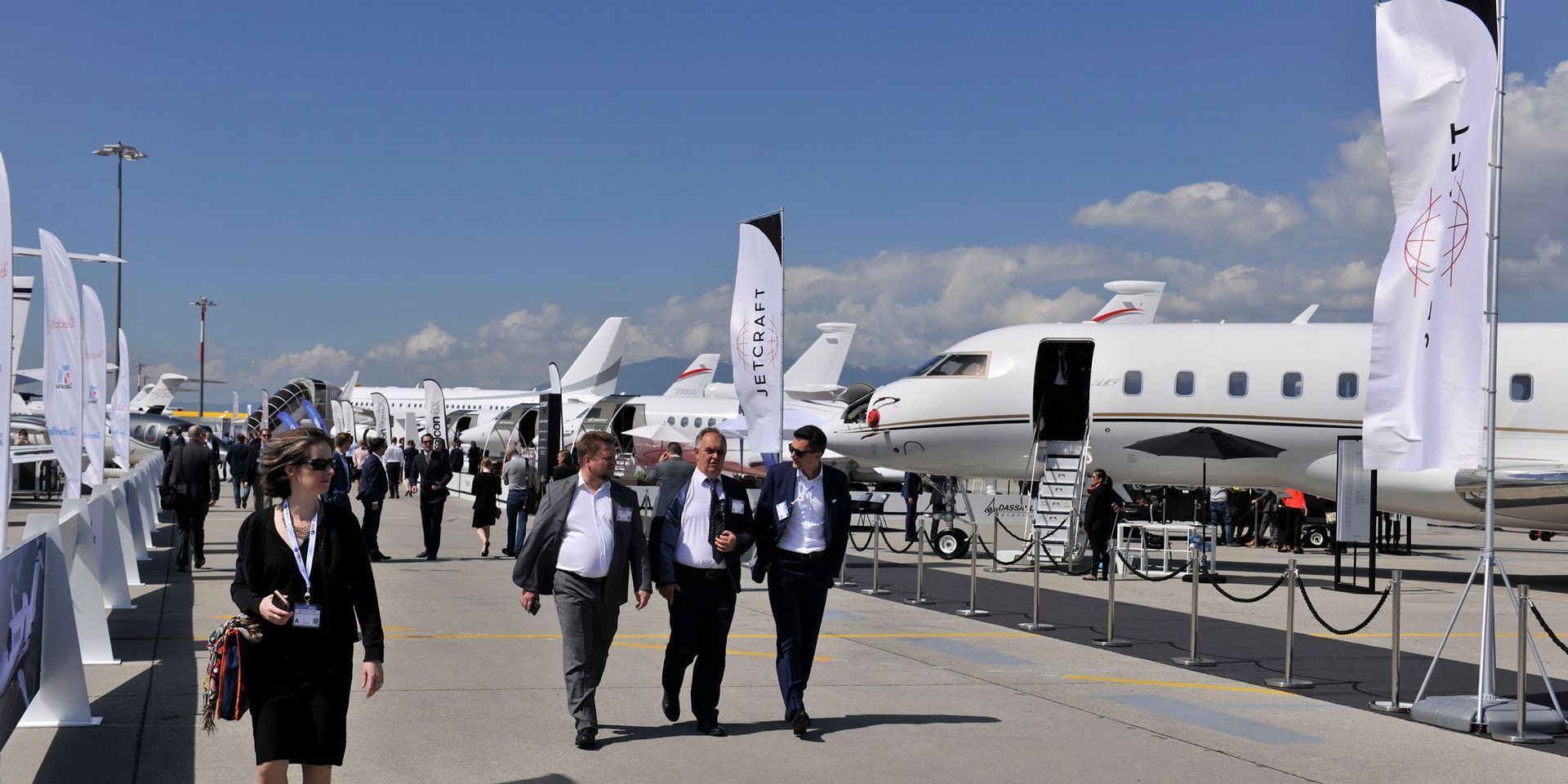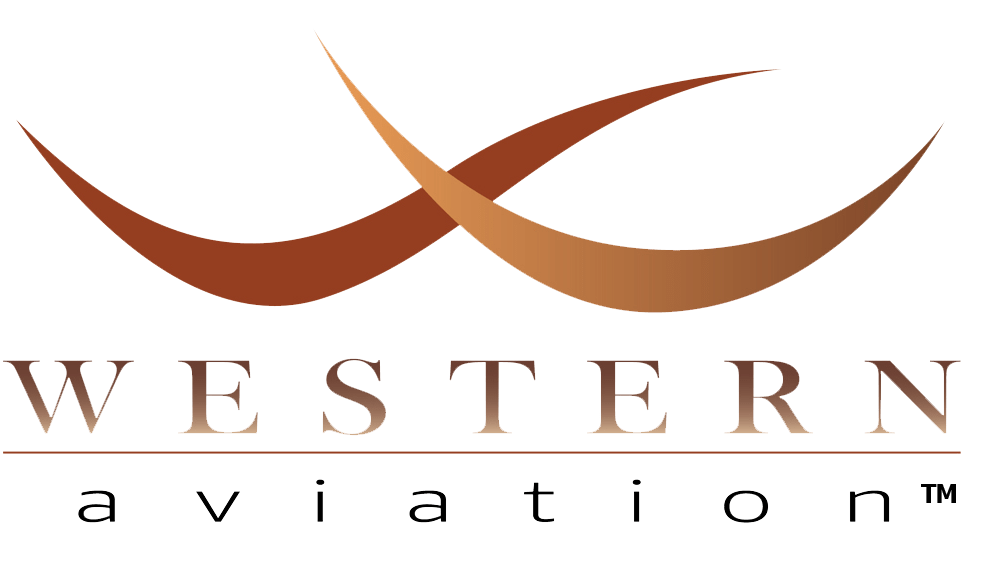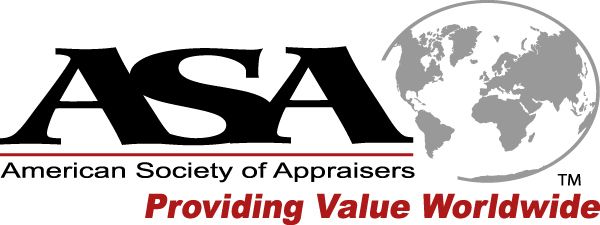July 26, 2021
It’s easy to make million-dollar mistakes buying a private jet if you don’t know what you are doing and you don’ have the right team. Here’s what you need to know before you make an offer
A recent Town Hall by Corporate Jet Investor with private jet aircraft sales executives revealed a stunning data point. First-time buyers who rushed to buy private jets to escape COVID-19 are already putting them up for sale.
The pros say this is mostly because they didn’t know what do. The newbies didn’t know the game. In fact, they didn’t have a game plane. And, in some cases, they didn’t have a team.
That’s right, buying a private jet is something you shouldn’t try to do with a click of your mouse on the internet.
The process of finding the right jet and then making sure everything is in order can take up to a year. Many used aircraft that are on the market are still there for a reason.
Used private jets can cost from under $500,000 to over $50 million. What seems like a great purchase price might come with millions of dollars in necessary maintenance and upgrades behind the curtain.
Panelists at the Town Hall say management companies and flight crews often downplay the costs of owning.
More than that, first-time buyers often make mistakes by not putting together a team of pros, from aviation-experienced lawyers to tax specialists to title specialists and, of course, a trusted broker. Here’s a winning game plan to ensure you get things right – and avoid expensive surprises.
41 Steps To Buy A Private Jet
Choosing your Team, Consultant, Appraiser, Aviation Attorney, broker/dealer
- Choose your broker/dealer/transaction adviser. They should easily save you more money than their fee, and the same is true for a specialist aviation lawyer.
2. Western Aviation ( www.westernaviation.com
) offers acquisition and sales consulting on an hourly or fixed rate basis for new or pre-owned aircraft, avionics upgrades, paint, interior, pilots and maintenance.
Have your existing and future aircraft appraised. Western Aviation offers appraisal services.
3. Select an aircraft to match your needs/view aircraft
Making an offer on your Private Jet
4. Make an offer/agree Letter of Intent (long-form vs short-form, standard versus bespoke)
5. Legal counsel review transaction structure and assess tax issues
6. Deposit placed in escrow (negotiate terms of release)
7. Buyer’s lawyer/buyer negotiates finance term sheet with financiers
8. Buyer’s lawyer conducts due diligence on title, searches for liens etc
9. Start negotiating the Aircraft Purchase Agreement and who pays what
10. Aircraft Purchase Agreement signed
Inspecting your Private Jet
11. Log book review by buyer’s technical team, check back-to-birth records. Consult Western Aviation for this service.
12. Appraisal for finance (if required)
13. Test flight/re-location flight – who is paying for this in Aircraft Purchase Agreement
14. Pre-purchase inspection
15. Finance documents reviewed
16. Sale document drafting starts
17. Tax advisers determine structure and importation route (if required)
Registration and Aircraft Management
18. Decision on aircraft registration, ownership structure (may require specialist counsel)
19. Choose operator if needed
20. Legal opinions on different jurisdictions requested
21. Seller rectifies discrepancies from pre-purchase inspection/negotiates changes or buyers walks away
22. Buyer reserves registration number
23. Export certificates, certificate of airworthiness
24. Final documentation review
25. Assignment of Maintenance Plans
Closing on your Private Jet
26. Final closing points agreed
27. Insurance arranged
27. Liens and discharges
29. Money wired to escrow by financier/buyer
30. Ferry flight
31. Tax ruling opinions issued (depending on jurisdiction)
32. Seller de-registers aircraft
33. Closing call
34. Signing
35. Escrow agent receive proof of de-registration
36. Agent files bill of sale, registration application
37. Liens filed with International registry (Cape Town)
38. Registration – in U.S. Federal Aviation Administration issues flight wire
39. Importation of aircraft (if required)
40. Miscellaneous bills settled – satellite communications, maintenance programs
41. Protect asset value – hangar, engine covers etc. – ready for when the aircraft is sold
The post Buying a Private Jet step-by-step for first-timers first appeared on Western Aviation.







